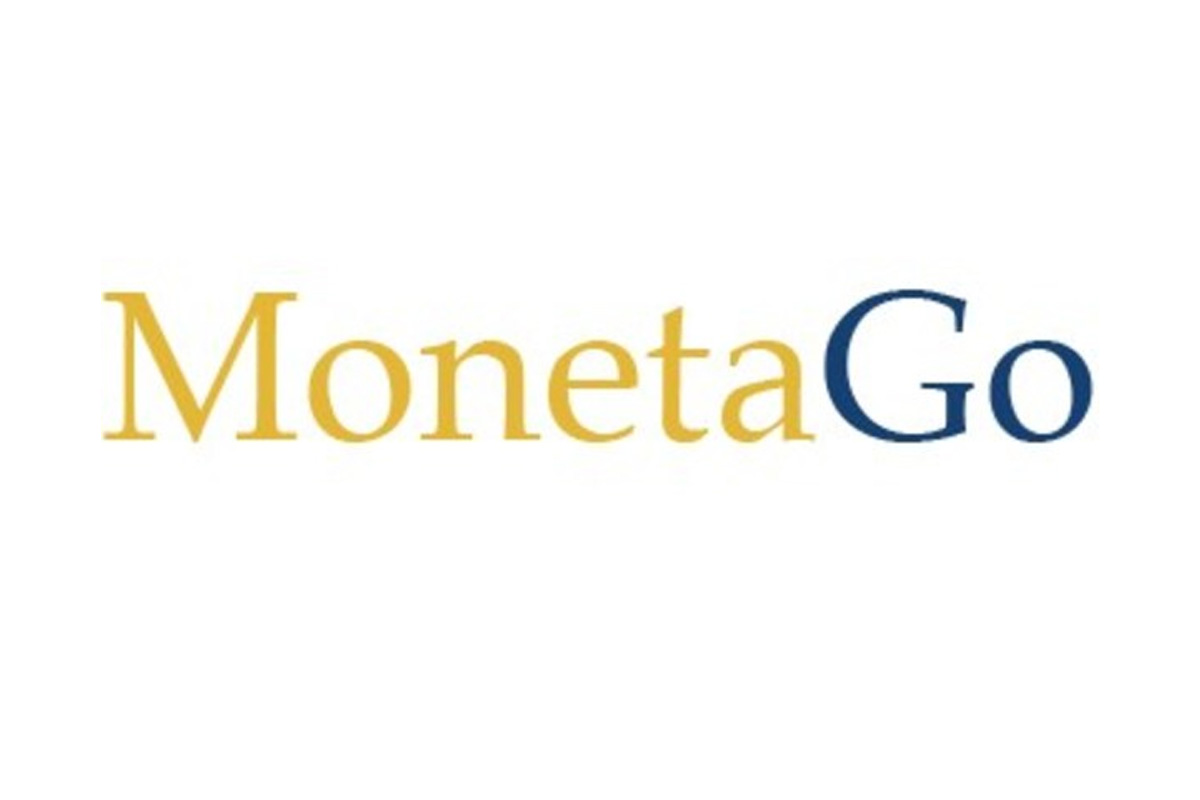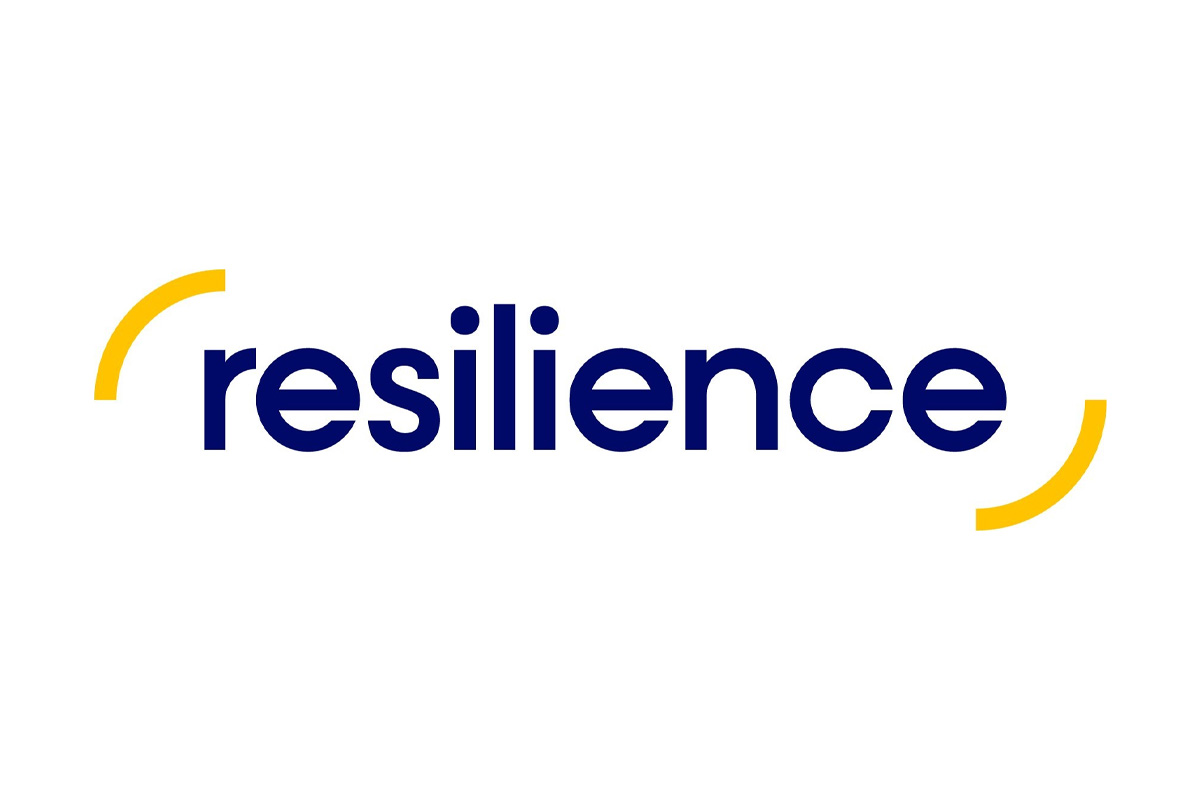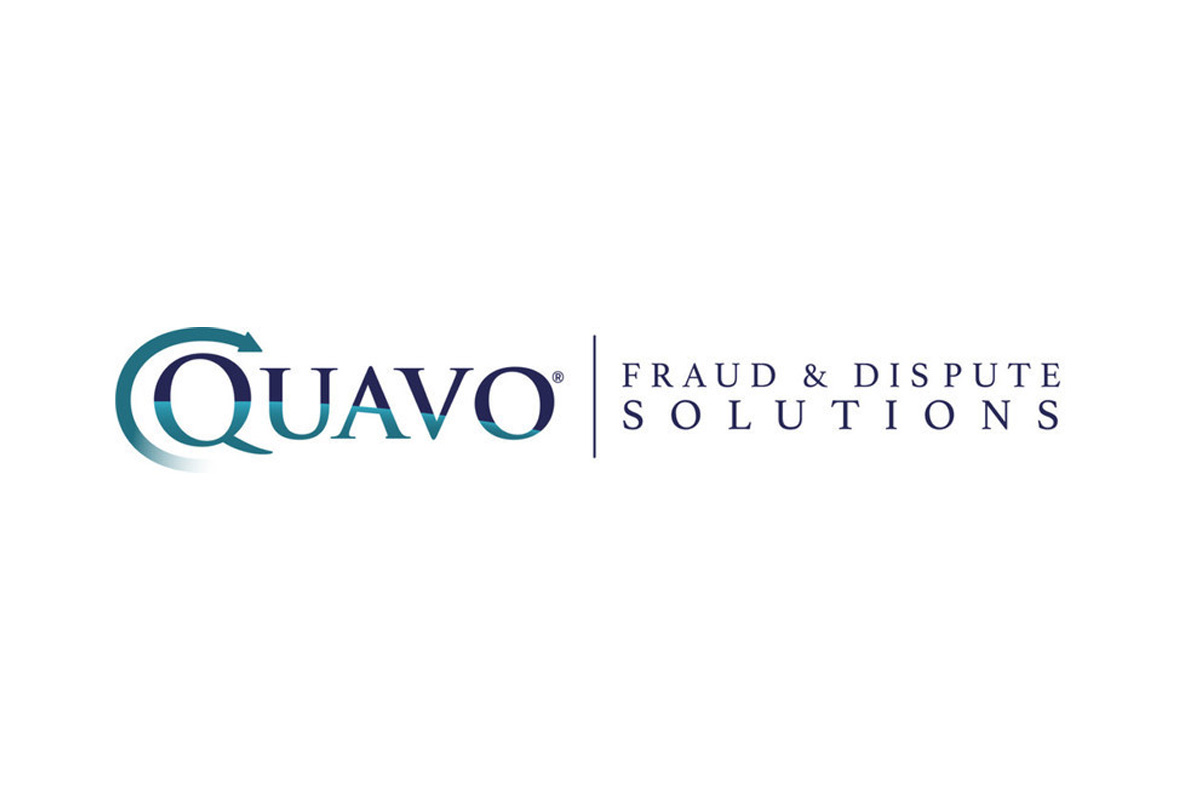Fintech
MonetaGo to Introduce First-Ever Global Solution against Duplicate Financing Fraud

MonetaGo, a financial technology solutions provider, today announced a new platform to combat financing fraud in trade finance on a global level.
Duplicate financing fraud has been a long-standing problem in trade finance. In such cases, firms may secure financing in the country of origin, the destination country, and a financial center – all on the same trade. As banks and financiers embrace digitization, they are provided with new opportunities to share information while maintaining the privacy and security of client information. MonetaGo’s approach is key to breaking down information barriers among and between banks, platforms, and regional solutions.
“Duplicate financing occurs for many reasons. A unified solution used by lenders to combat this type of financing fraud in international trade is the most effective way to help resolve this problem,” said Mark Borton, Head of Trade & Working Capital Finance Product and Asia Transactional & Trade, National Australia Bank. “The MonetaGo Secure Financing Platform appears to be a simple utility that lenders worldwide could potentially use to greatly improve the trade finance experience.”
“Information silos between lenders results in duplicate financing fraud as they often have little insight into whether the client has submitted transactions for financing to other lenders,” said Ed Aldorino, Head of GTB Asia, Lloyds Banking Group. “The integrity of the entire trade finance landscape is vital for the flow of trade finance, and that’s why we were excited to participate in testing of the platform with MonetaGo. The easy-to-understand platform enables us to prevent double financing fraud around the world in ways which were not possible before and we look forward to the impact it will have on the markets we serve.”
In order to deliver the standardized solution at a global scale, MonetaGo is partnering with SWIFT on a proof of concept. The company will leverage SWIFT’s proven and robust API-enabled infrastructure, reassuring users about connectivity management, authentication, security, interoperability, and network reach. Over 11,000 institutions connected to SWIFT will have access to MonetaGo’s finance validation service in a trusted and globally standardized way.
“Finance fraud in cross-border trade cannot be fully mitigated with local registries, so it makes perfect sense to leverage SWIFT’s global reach to help institutions around the world to solve this problem. By bringing global API standards, identity and security, SWIFT can help to mitigate against the growing challenge of digital islands. We are working with MonetaGo to pilot the solution that will provide our community of financial institutions with an important tool to combat financing fraud at the international level,” said Louise Taylor-Digby, Global Head of Trade Strategy, SWIFT.
The company was able to develop the platform after being awarded the Monetary Authority of Singapore’s Financial Sector Technology and Innovation (FSTI) Proof of Concept (POC) grant, which provided funding support for experimentation, development, and dissemination of nascent innovative technologies in the financial services sector. Following positive results and feedback, the registry is now being deployed and customer onboarding has commenced. Leveraging the SWIFT API channel for standardization and distribution of the solution expands reach and effectiveness.
“Interoperability between disparate, local registries built on different technology platforms requires common standards and specifications to achieve results,” said Shinichiro Yamazaki, Global Head, Trade Innovation Unit, Global Trade Finance Department, Sumitomo Mitsui Banking Corporation. “We were pleased to have participated in the testing and development of a system that is simple and capable of preventing fraud on a global scale”.
The platform operates by identifying whether financing transactions use the same documents. By registering a unique “Document Fingerprint” which is created by cryptographic hashing, the registry does not store actual customer or transaction data, and the fingerprints cannot be reverse-engineered to reveal the data that created them. The system then indicates the status of a registered document as “financed”.
”Unfortunately, lenders do not have a robust solution today that performs automated detection of duplicate financing fraud, due to various reasons including confidentiality for sharing of transaction data between lenders,” said André Casterman, Board Member and Chair Fintech Committee at ITFA. “Thankfully, MonetaGo’s Secure Financing platform provides a unique document fingerprint that protects the privacy of the lenders and applicants’ data, while also performing a deduplication check and preventing fraud.”
The platform is not only being offered to banks and traditional financiers, but also to Non-Bank Financial Institutions (NBFIs) and non-bank lenders including fintechs and trade finance funds.
“MonetaGo’s Secure Financing solution can mitigate fraud not only for bank financiers but alternative lenders also; this is exactly what the trade finance ecosystem needs. For too long, financiers of all types lacked the ability to communicate effectively and efficiently to prevent duplicate financing fraud, and it’s exciting to see this innovative fintech pioneering the way ensuring confidence can be upheld globally in trade fraud mitigation,” said Tom James, CEO/Founder, TradeFlow.
Ultimately, those that stand the most to benefit are not only the banks and lenders, but trade finance end users and customers.
Organizations that are interested in implementing the Secure Financing platform can begin the onboarding process through SecureFinancing.org as the system has been approved to move to production.
Fintech
Central banks and the FinTech sector unite to change global payments space

The BIS, along with seven leading central banks and a cohort of private financial firms, has embarked on an ambitious venture known as Project Agorá.
Named after the Greek word for “marketplace,” this initiative stands at the forefront of exploring the potential of tokenisation to significantly enhance the operational efficiency of the monetary system worldwide.
Central to this pioneering project are the Bank of France (on behalf of the Eurosystem), the Bank of Japan, the Bank of Korea, the Bank of Mexico, the Swiss National Bank, the Bank of England, and the Federal Reserve Bank of New York. These institutions have joined forces under the banner of Project Agorá, in partnership with an extensive assembly of private financial entities convened by the Institute of International Finance (IIF).
At the heart of Project Agorá is the pursuit of integrating tokenised commercial bank deposits with tokenised wholesale central bank money within a unified, public-private programmable financial platform. By harnessing the advanced capabilities of smart contracts and programmability, the project aspires to unlock new transactional possibilities that were previously infeasible or impractical, thereby fostering novel opportunities that could benefit businesses and consumers alike.
The collaborative effort seeks to address and surmount a variety of structural inefficiencies that currently plague cross-border payments. These challenges include disparate legal, regulatory, and technical standards; varying operating hours and time zones; and the heightened complexity associated with conducting financial integrity checks (such as anti-money laundering and customer verification procedures), which are often redundantly executed across multiple stages of a single transaction due to the involvement of several intermediaries.
As a beacon of experimental and exploratory projects, the BIS Innovation Hub is committed to delivering public goods to the global central banking community through initiatives like Project Agorá. In line with this mission, the BIS will soon issue a call for expressions of interest from private financial institutions eager to contribute to this ground-breaking project. The IIF will facilitate the involvement of private sector participants, extending an invitation to regulated financial institutions representing each of the seven aforementioned currencies to partake in this transformative endeavour.
Source: fintech.globa
The post Central banks and the FinTech sector unite to change global payments space appeared first on HIPTHER Alerts.
Fintech
TD Bank inks multi-year strategic partnership with Google Cloud

TD Bank has inked a multi-year deal with Google Cloud as it looks to streamline the development and deployment of new products and services.
The deal will see the Canadian banking group integrate the vendor’s cloud services into a wider portion of its technology solutions portfolio, a move which TD expects will enable it “to respond quickly to changing customer expectations by rolling out new features, updates, or entirely new financial products at an accelerated pace”.
This marks an expansion of the already established relationship between TD Bank and Google Cloud after the group previously adopted the vendor’s Google Kubernetes Engine (GKE) for TD Securities Automated Trading (TDSAT), the Chicago-based subsidiary of its investment banking unit, TD Securities.
TDSAT uses GKE for process automation and quantitative modelling across fixed income markets, resulting in the development of a “data-driven research platform” capable of processing large research workloads in trading.
Dan Bosman, SVP and CIO of TD Securities, claims the infrastructure has so far supported TDSAT with “compute-intensive quantitative analysis” while expanding the subsidiary’s “trading volumes and portfolio size”.
TD’s new partnership with Google Cloud will see the group attempt to replicate the same level of success across its entire portfolio.
Source: fintechfutures.com
The post TD Bank inks multi-year strategic partnership with Google Cloud appeared first on HIPTHER Alerts.
Fintech
MAS launches transformative platform to combat money laundering

The MAS has unveiled Cosmic, an acronym for Collaborative Sharing of Money Laundering/Terrorism Financing Information and Cases, a new money laundering platform.
According to Business Times, launched on April 1, Cosmic stands out as the first centralised digital platform dedicated to combating money laundering, terrorism financing, and proliferation financing on a worldwide scale. This move follows the enactment of the Financial Services and Markets (Amendment) Act 2023, which, along with its subsidiary legislation, commenced on the same day to provide a solid legal foundation and safeguards for information sharing among financial institutions (FIs).
Cosmic enables participating FIs to exchange customer information when certain “red flags” indicate potential suspicious activities. The platform’s introduction is a testament to MAS’s commitment to ensuring the integrity of the financial sector, mandating participants to establish stringent policies and operational safeguards to maintain the confidentiality of the shared information. This strategic approach allows for the efficient exchange of intelligence on potential criminal activities while protecting legitimate customers.
Significantly, Cosmic was co-developed by MAS and six leading commercial banks in Singapore—OCBC, UOB, DBS, Citibank, HSBC, and Standard Chartered—which will serve as participant FIs during its initial phase. The initiative emphasizes voluntary information sharing focused on addressing key financial crime risks within the commercial banking sector, such as the misuse of legal persons, trade finance, and proliferation financing.
Loo Siew Yee, assistant managing director for policy, payments, and financial crime at MAS, highlighted that Cosmic enhances the existing collaboration between the industry and law enforcement authorities, fortifying Singapore’s reputation as a well-regulated and trusted financial hub. Similarly, Pua Xiao Wei of Citi Singapore and Loretta Yuen of OCBC have expressed their institutions’ support for Cosmic, noting its potential to ramp up anti-money laundering efforts and its significance as a development in the banking sector’s ability to combat financial crimes efficiently. DBS’ Lam Chee Kin also praised Cosmic as a “game changer,” emphasizing the careful balance between combating financial crime and ensuring legitimate customers’ access to financial services.
Source: fintech.global
The post MAS launches transformative platform to combat money laundering appeared first on HIPTHER Alerts.
-
Latest News6 days ago
DEMAND AT ASIAN FACTORIES RISES AT STRONGEST RATE IN OVER 2 YEARS, IMPROVING NEAR-TERM GROWTH OUTLOOK FOR MANUFACTURING WORLDWIDE: GEP GLOBAL SUPPLY CHAIN VOLATILITY INDEX
-
Latest News7 days ago
Bitrue Gears Up for 2024 Bitcoin Halving with Trading Competition
-
Latest News6 days ago
Global Airlines Appoints New Head of Finance from KPMG
-
Latest News5 days ago
“The Hainan FTP and Me”: Looking at Hainan’s Transformations
-
Latest News6 days ago
Spendesk combines procurement with spend management through Okko acquisition
-
Latest News7 days ago
BtcTurk Organizes Half Marathon in Istanbul to Celebrate Halving Period
-
Latest News4 days ago
Millions of people unite around doing good on the 18th International Good Deeds Day held yesterday worldwide
-
Latest News6 days ago
IMC Pan Asia Alliance Is Now Known as Tsao Pao Chee Group









